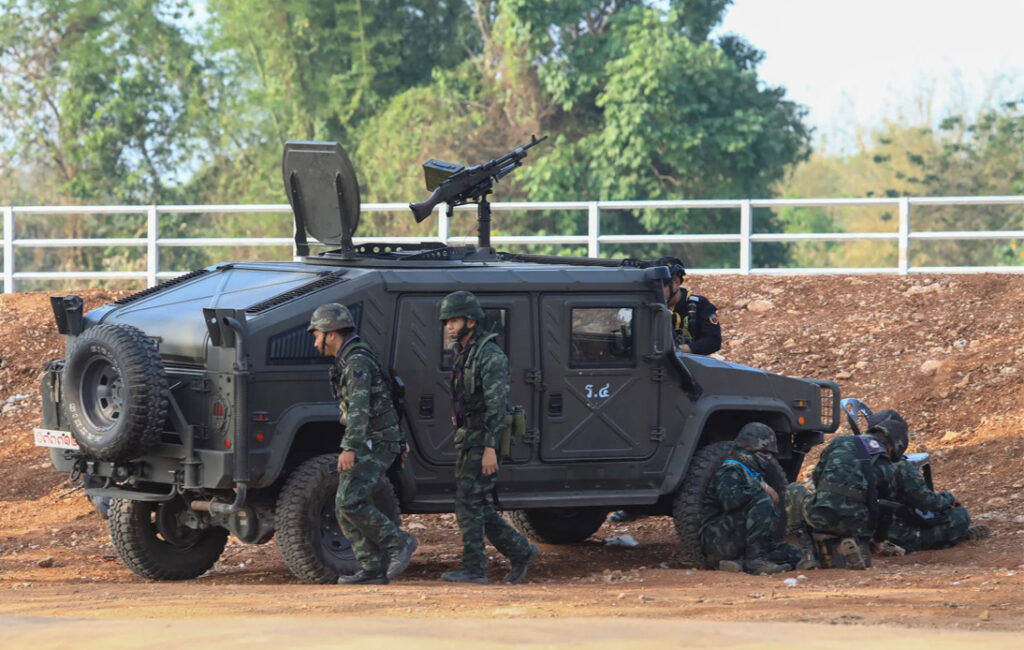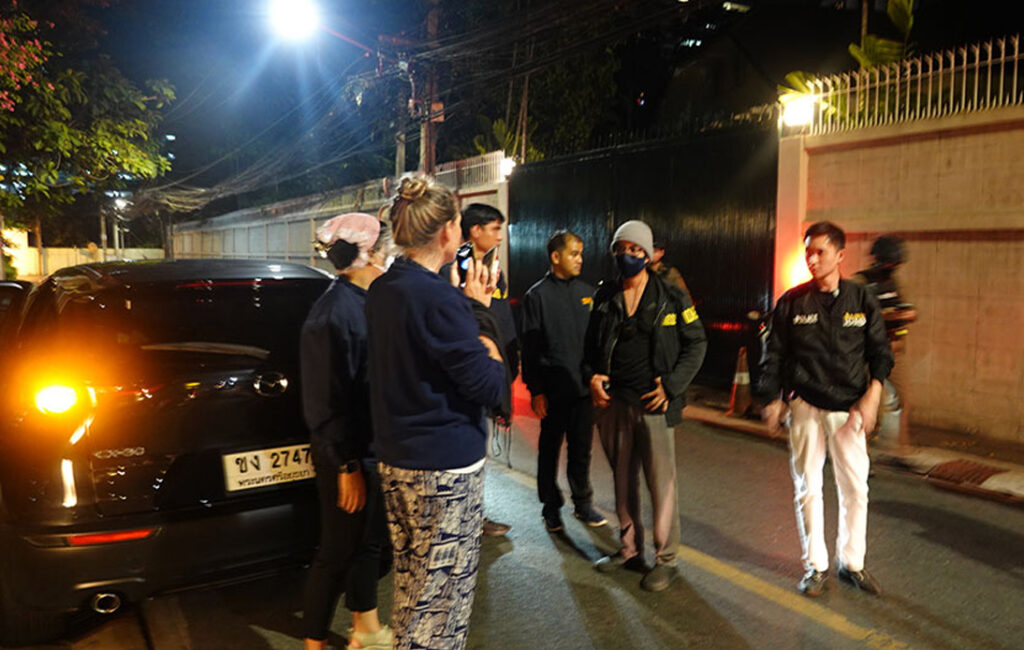
Thailand’s overcrowded penal system, where inmates are said to have less space to sleep than inside a coffin, is under threat as the new wave of coronavirus hits the kingdom’s prisons hard.
Official reports say that more than 22,000 inmates have tested positive for COVID-19.
Authorities have performed massive tests inside prisons, where prisoners wear masks even while sleeping to avoid spreading the virus. The system’s complex situation, worsened by the coronavirus crisis, has led the Thai government to consider early releases to inmates with underlying illnesses and announced funding for more tests and medical care in recent days.
However, inmates are not aware of the outbreak’s severity. Somyot Prueksakasemsuk, a high-profile activist facing charges for violating the kingdom’s strict royal defamation law, said: “Prisoners don’t have the knowledge to protect themselves.”
Somyot, who was granted bail in April, claimed he had not been tested for COVID-19 once during his 10-week period in custody.
He said he was not worried about catching the disease while in jail because he didn’t know how risky getting infected was. “But after this, I’m so scared (for everyone still inside)… if you are inside the prison, you are at risk. It’s unavoidable,” he added.
The prisons’ outbreak began with only 10 cases reported publicly a month ago.
Nonetheless, reports saying that prominent activists contracted the pandemic disease while in jail sparked growing collective concern. The group of pro-democracy protesters with COVID-19 included student leader Panusaya “Rung” Sithijirawattanakul, who helped lead several demonstrations demanding political reforms last year.
She was diagnosed with the disease shortly after being released on bail.
The International Federation for Human Rights said the Thai prison population was around 311,000 in early 2021, more than two and a half times the system’s capacity. Official figures show that four inmates out of five serve time on drug charges.
Violations of Thailand’s harsh drug laws, including possessing a few methamphetamine pills, can land people in jail for a decade.
Many cells are so crowded that those behind bars have half a meter of space. “That is less room for a body than the inside of a coffin,” Justice Minister Somsak Thepsutin told local media in February.
To date, 36,000 prisoners have undergone coronavirus tests, and health officials have begun administering vaccines to inmates and prison staff.
Somsak explained that authorities were considering a royal pardon to grant early releases to inmates with underlying medical conditions. However, they still have to complete a quarantine before returning home.
“For us to bail anyone or do anything, it has to be done properly,” Somsak told reporters on Monday. “We can’t allow them to spread infections.”
But human rights groups said the plan is not enough and urged authorities to release non-violent prisoners to reduce overcrowding. Brad Adams of Human Rights Watch stated: “Authorities should reduce the detainee population… of those held on politically motivated charges or for minor offenses.”




















